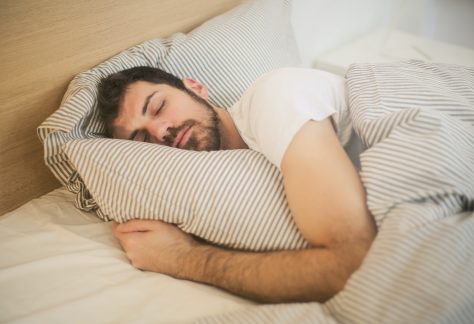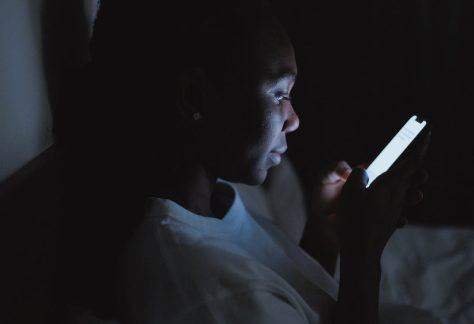5 Tips for Better Sleep
Simple strategies you can implement to improve your sleep quality and overall health.

Do you find yourself struggling to fall asleep or waking up feeling tired? You’re not alone. Many people struggle with sleep issues, which can impact their physical and mental health. The good news is that there are simple strategies you can implement to improve your sleep quality and overall health. Here are five tips to help you improve your sleep hygiene:
1. Stick to a sleep schedule
Our bodies thrive on routine, and sleep is no exception. By going to bed and waking up at the same time every day, even on weekends, you can help regulate your body’s sleep-wake cycle. Aim for at least seven to eight hours of sleep each night, and try to avoid napping during the day as it can interfere with your nighttime sleep.
2. Create a relaxing bedtime routine
A bedtime routine can signal to your body that it’s time to wind down and prepare for sleep. Whether it’s taking a warm bath, reading a book, or listening to calming music, find activities that help you relax and stick to them each night. Avoid engaging in stimulating activities like watching TV or using electronic devices, as the blue light they emit can interfere with your body’s production of melatonin, a hormone that regulates sleep.
3. Avoid stimulants before bedtime
Caffeine, nicotine, and alcohol can all interfere with your ability to fall asleep and stay asleep. While a cup of coffee or glass of wine may seem relaxing in the moment, they can cause sleep disturbances later in the night. Aim to avoid these substances at least four to six hours before bedtime to give your body time to process them.
4. Create a comfortable sleep environment
Your bedroom should be a sanctuary for sleep. Ensure your room is cool, dark, and quiet, and invest in comfortable bedding and pillows that support your preferred sleep position. If outside noise is an issue, consider using earplugs or a white noise machine to create a peaceful sleeping environment.
5. Limit screen time before bedtime
The blue light emitted by electronic devices can interfere with your body’s production of melatonin, making it harder to fall asleep. Aim to avoid using electronic devices for at least an hour before bedtime, and consider using blue light-blocking glasses or a device with a night mode setting to reduce your exposure to blue light.
By implementing these simple strategies, you can improve your sleep hygiene and enjoy better sleep quality. Remember, good sleep is crucial for your physical and mental health, so it’s worth taking the time to prioritize it.




